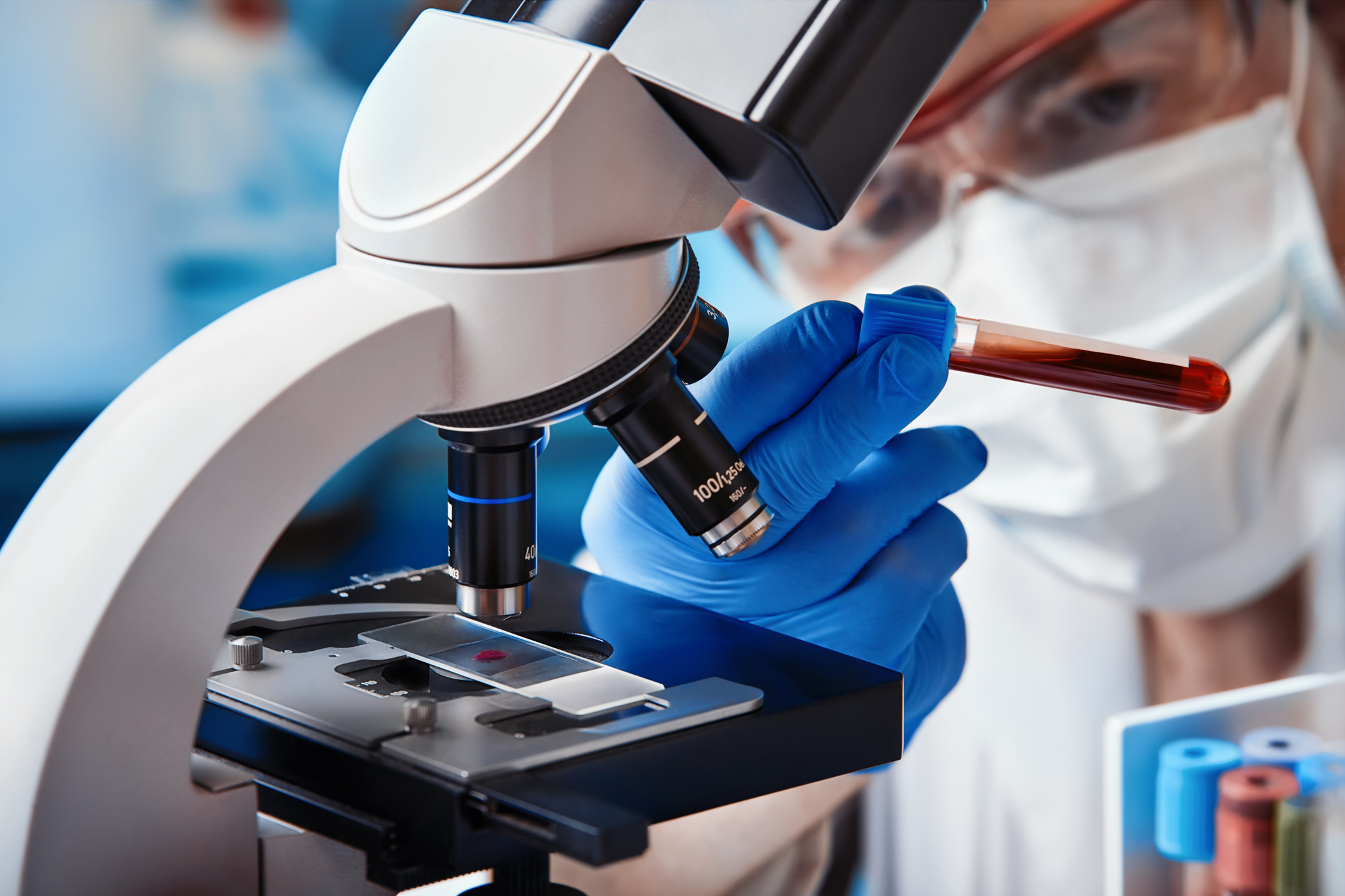Total Testosterone
Total testosterone reflects the complete amount of testosterone circulating in your blood. Low levels can contribute to symptoms such as reduced sex drive, loss of muscle mass or strength, fatigue, and low mood.
Free Testosterone
Free testosterone measures the portion of testosterone that is not bound to proteins and is therefore available for your body’s cells to use. It’s possible to have normal total testosterone levels but low free testosterone, especially if SHBG (sex hormone-binding globulin) levels are high. Men with low free testosterone often experience similar symptoms to those with low total testosterone.
Luteinising Hormone (LH)
LH is a key hormone that helps regulate testosterone production and sperm development in men. Abnormal LH levels can indicate issues with fertility or the way the testes and pituitary gland are functioning.
FSH (Follicle Stimulating Hormone)
FSH supports reproductive health by helping control sperm production in men and ovarian function in women. Measuring FSH can provide insight into fertility and overall hormonal balance.
Albumin
Albumin is a protein made by the liver that helps maintain fluid balance and transport substances such as hormones, vitamins, and medications throughout the body. It’s also a useful indicator of general health and nutrition.
SHBG (Sex Hormone-Binding Globulin)
SHBG is a protein that binds to testosterone, reducing the amount that’s free and active in the body. High SHBG levels can lower free testosterone, even when total testosterone is normal.
Oestradiol
Oestradiol is a form of estrogen that, while primarily a female hormone, also plays an important role in men’s health. Elevated oestradiol levels can lead to symptoms like fatigue, low libido, and mood changes, which may resemble low testosterone.
Prolactin
Prolactin is a hormone that, when elevated in men, can contribute to reduced sex drive, erectile dysfunction, and low energy. High prolactin levels can also signal issues with pituitary gland function.
Lipid Profile
A lipid profile measures cholesterol and triglycerides — the fats circulating in your blood. It includes both “good” HDL cholesterol and “bad” LDL cholesterol. This test helps assess your risk for heart disease and stroke by identifying potential buildup of fatty deposits in your arteries.
Full Blood Count (FBC)
An FBC measures the number and types of cells in your blood, including red and white blood cells and platelets. It helps detect a range of conditions, from infections and inflammation to anaemia and other blood-related disorders.
Haematocrit
Haematocrit shows the proportion of red blood cells in your blood. Low values can suggest anaemia or nutrient deficiencies, while high values may indicate dehydration or other underlying health conditions.
Thyroid Hormones
Thyroid hormones control your metabolism — influencing energy levels, mood, digestion, and even heart and muscle function. Imbalances in thyroid activity can affect many aspects of overall wellbeing.
Vitamin D
Vitamin D supports bone strength, immune function, and mood. Low levels can cause fatigue, low mood, bone or muscle pain, and may increase your susceptibility to infections and slower recovery from illness.
Vitamin B12
Vitamin B12 plays an essential role in nerve health, energy production, and red blood cell formation. Low levels can result from absorption issues or dietary deficiencies, while elevated levels may sometimes reflect liver or blood-related conditions.Folate (Vitamin B9) Folate is vital for red blood cell production, DNA synthesis, and nerve function. Deficiency can lead to fatigue, mood changes, fertility challenges, and, in women, complications during pregnancy.
HbA1c (Haemoglobin A1c)
HbA1c reflects your average blood sugar levels over the past two to three months. High HbA1c levels suggest poor blood sugar control and may indicate diabetes or an increased risk of developing it.
Ferritin
Ferritin shows how much iron your body has stored. Low ferritin levels can point to iron deficiency or anaemia, while high levels may signal inflammation or excess iron buildup.
Cortisol
Cortisol is a hormone released by the adrenal glands that helps regulate stress, metabolism, and energy. Testing cortisol levels helps assess how well your adrenal and pituitary glands are functioning.
Cystatin C
Cystatin C is a protein produced by all cells in the body and filtered out of the blood by the kidneys. Measuring Cystatin C helps assess kidney function and can detect early changes in kidney health, sometimes even before traditional creatinine-based tests show abnormalities. It’s particularly useful for evaluating kidney performance in people whose muscle mass might affect other test results.


